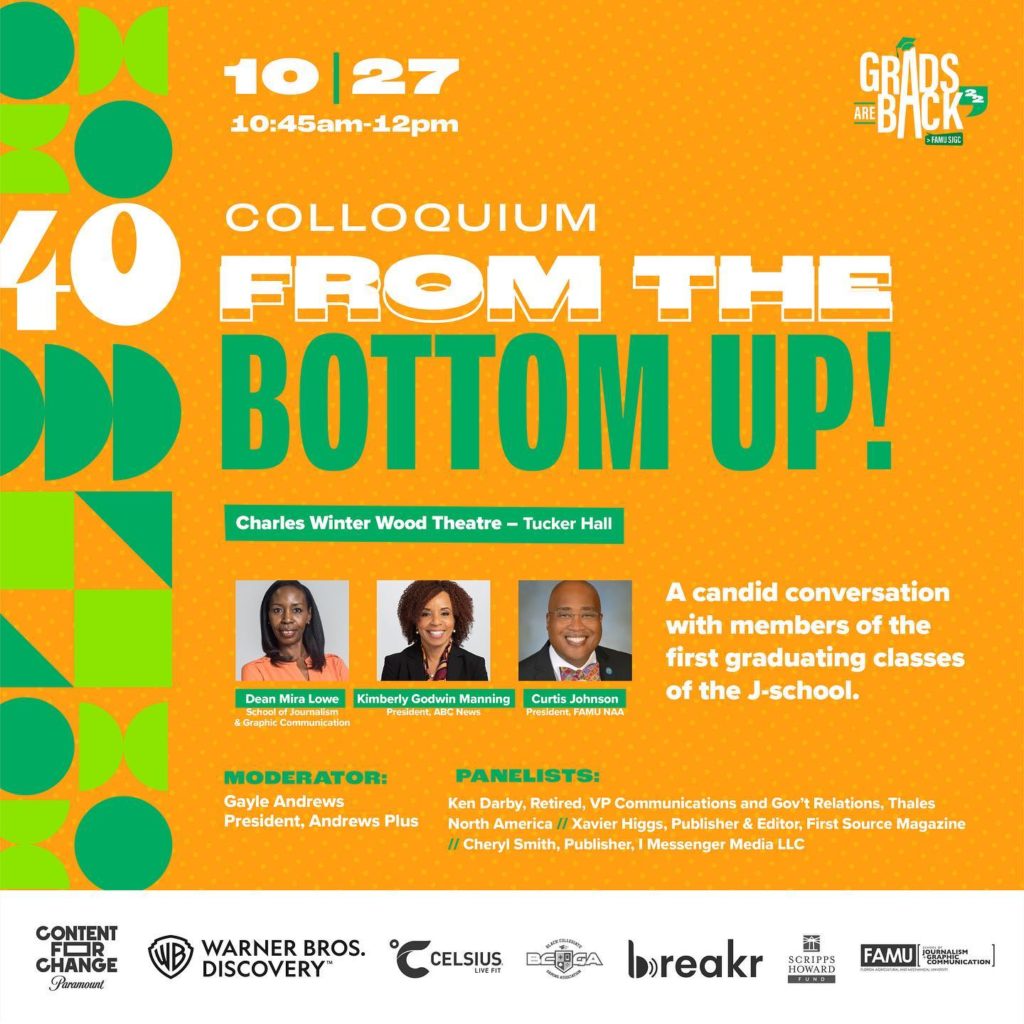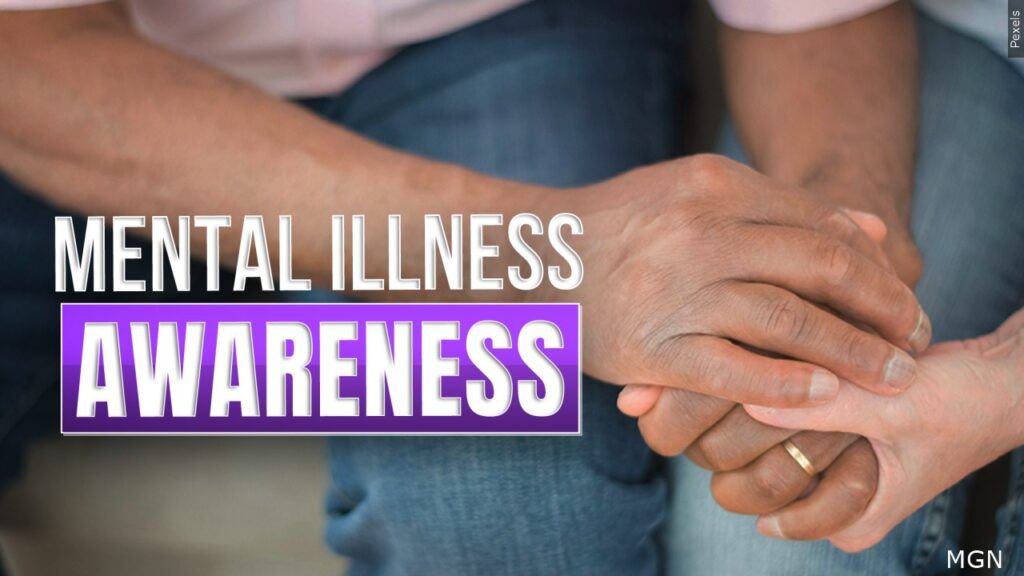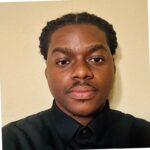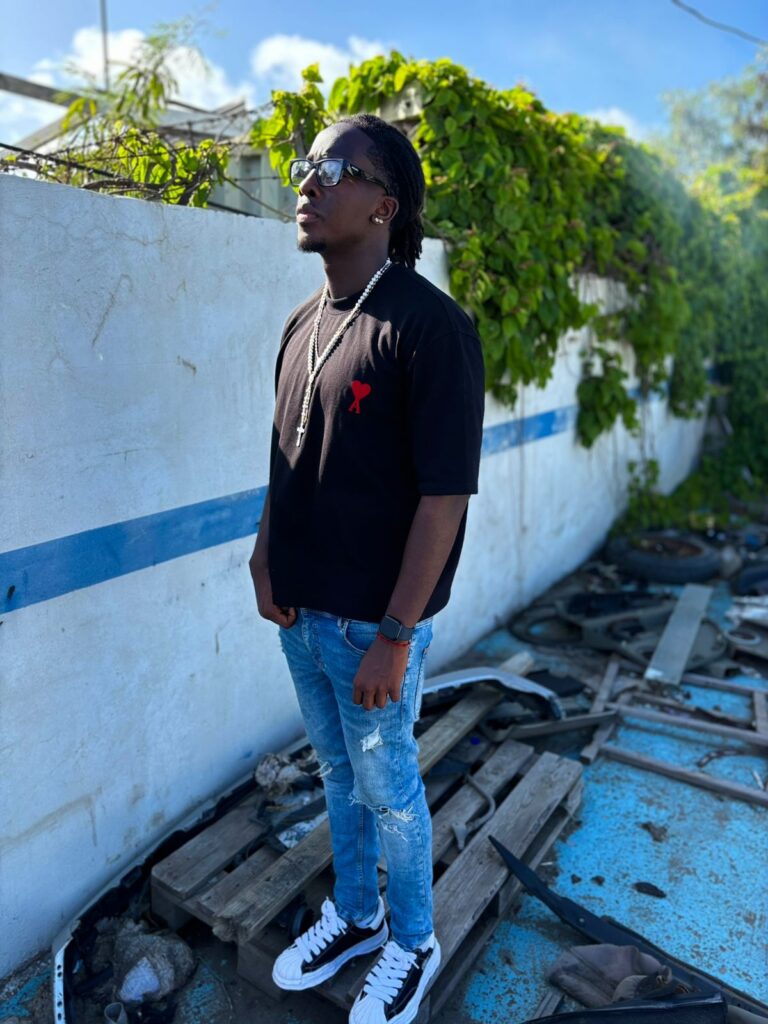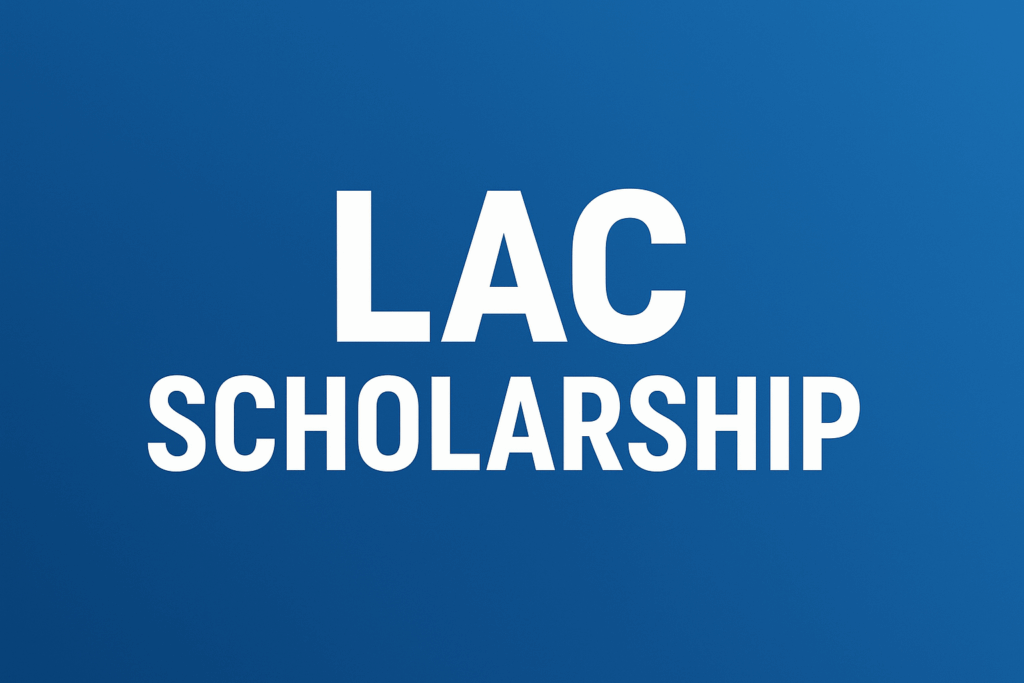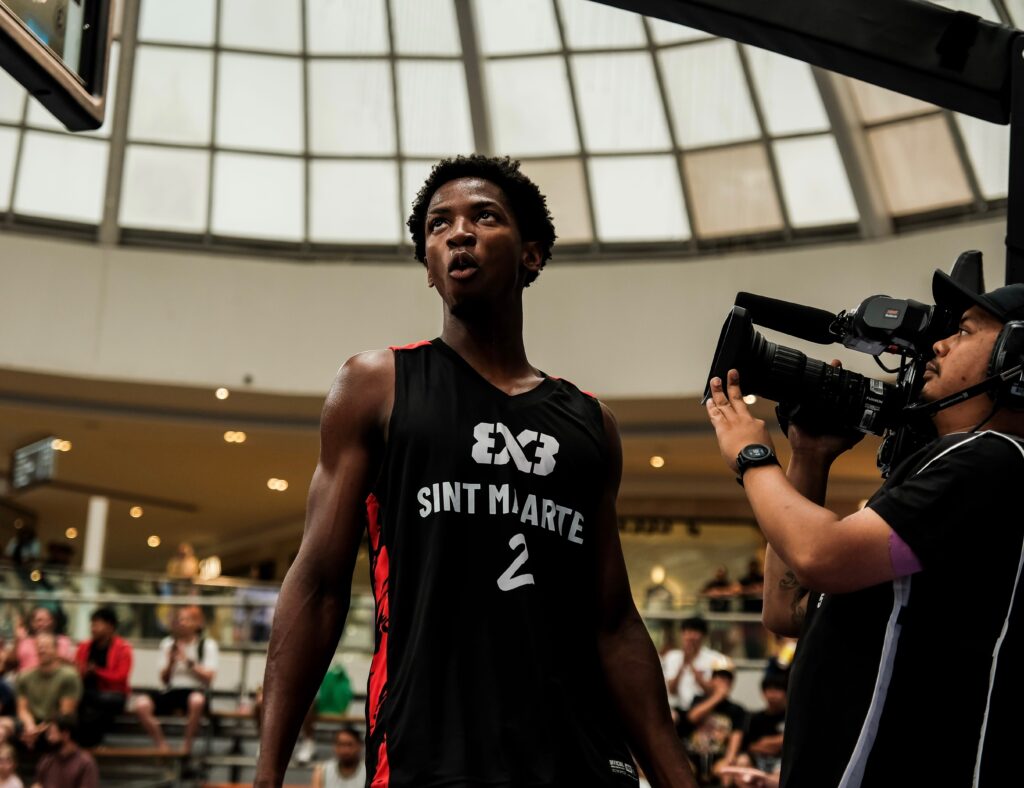The School of Journalism and Graphic Communication turns 40 this year!
Florida A&M University’s annual “Grads Are Back” took place on Oct. 27, celebrating J-School’s anniversary with the return of alumni and providing a jam-packed schedule of events for journalism, public relations, and graphic design students, among other homecoming events.
The day commenced with a Board of Visitors meeting, which led to an hour-long inclusion panel discussion before the grand Colloquium: “From the Bottom Up!” Hosted in the Charles Winter Wood Theatre in Tucker Hall, there was a nostalgic feeling of having the first graduating class back on campus to tell their stories of the role SJGC played in their lives. SJGC Dean, Mira Lowe, began the event, welcoming students and grads before introducing Kimberly Godwin Manning, the President of ABC News, to the stage. Godwin, a 1984 graduate, spoke fondly of J-School’s influence on her career, professing that everything she learned at this school made her the first black woman president of a broadcast network.
Expressing her desire for future journalists and J-School graduates to stay focused and keep on track, Manning was nothing short of motivational quotes.
“Our profession needs you,” Godwin said.
“Make excellence every day one of your superpowers. Stand strong and keep going. Stand strong and keep growing; because you’re from FAMU, stand strong and keep glowing.”
Following Manning was Curtis Johnson, the current 19th president of the National Alumni Association for FAMU, who spoke to encourage others to join NAA and his goal to reach 10,000 paid members in the program. Soon after Johnson, Gayle Andrews, president of Andrews Plus, was introduced to the stage as the moderator for the panelists consisting of Xavier Higgs, Cheryl Smith, and Annetta Wilson.
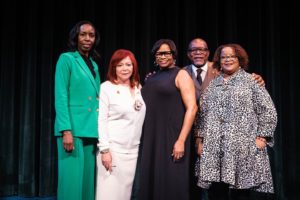
Andrews began the discussion by introducing herself and her history at FAMU. Being a class of ’74 graduate, she explained her many career paths, such as teaching Advanced TV News and various jobs surrounding media. Then instantly diving into the discussion with the panelists Higgs, Smith and Wilson asking how J-School influenced them.
The Influence of J-School
Annetta Wilson spoke first about how she ended up at FAMU through recruitment and what it was like being introduced to a place where excellence was expected from her. Being one of the first students recruited to the program was a big deal to those already on campus. Initially attending Tuskegee, later recruited to FAMU was a welcomed change; upon graduation, she received her first job offer from NBC Affiliated. The opportunity led Wilson to become the first Black anchor of Central Florida.
Following Wilson, Xavier Higgs’ response detailed how he created the first radio station here at FAMU. Also, being recruited into J-School, Higgs was originally not a part of SJGC. Joining during a significant time of development, Higgs and those around him had to get creative with any ideas they had, which ultimately led to WAMF.
After submitting the proper paperwork for licensing, the radio station was only approved for 10 watts. With 10 watts not enough for a sufficient radio station, Higgs came up with the brilliant idea of finding the highest building on campus and putting an antenna up there; Tucker Hall was that building. Later explaining that the station we know and love today, WAMN, was bought from an old radio station.
“You have to be creative in your thinking as a journalist,” Higgs said.
Last, to speak, Smith started at FAMU as a J-School student. Working at the FAMUAN all four years on campus, she always looked for ways to work with journalism. Growing up surrounded by multimedia and convergence, working with the FAMUAN came naturally, making way for success later in her career by being inducted into the NABJ Hall of Fame.
Being a Black Journalist
Andrews moved on to asking the panelists to describe some of their bad experiences and to give advice on navigating the world as a Black journalist and how FAMU prepared them for these experiences.
Wilson tells the story of the time she was assigned to find five different leads during homecoming within an hour. Explaining that while she had completed the assignment, she learned to “look and think with a different eye as a journalist,” eventually teaching Wilson to look underneath what she saw—ultimately learning how to look with a critical eye and look for the question beneath the question.
Higgs stated that there is a lack of mentors outside of FAMU’s campus and that you’ll experience the best four years here because it will never be the same once you leave, no longer constantly being around like-minded people. Advising as a journalist to “attach yourself to NABJ” and to find mentors in the business that you can look up to. Also recommending all students to “be the best storyteller you can be,” wanting students to know that with these skills, jobs won’t be hard to come by.
“You have to be prepared for something every day,” Higgs said. “It’s not always going to be pleasant.”
Coming back to Wilson, she says, “So what? Who cares?” Wilson tells the audience not to take it personally and to make their time count. Quoting the ‘great philosopher Lizzo,’ “It’s about damn time.”
Elaborating on her success, Smith voiced her advice to the audience. She wants folks to know that if you get a job, the best is demanded because you were hired for a reason. Not to take things personally and to look at who is giving you the message and why they are there for you. And to ensure the time given to socialize and have fun is the same time given to perfect and polish your craft.
Audience Q&A
Andrews now opens the discussion to the audience for questions; one student asks how they have dealt with self-doubt and the advice they have for the students.
Smith instantly responds, saying not to believe the hype and to make sure your stuff [yourself] is tight. Higgs highlights that as a journalist, one works day in and day out and that there is no vacation for you to read and consume news 24/7. He also elaborates on the need to stay prepared and to “treat your craft like a gymnast.” Wilson wants the audience to validate their experiences as no one can argue it because it is yours and wants students to stay intentional about being the best they can be.
Ending the ‘academic conversation’ as Andrews called it, the last question directed at Smith was what advice she would give her FAMU self, knowing what she knows now. She responds straightaway, again stressing not to care what people think and that because people challenge you, it does not mean they are right.
Andrew ends the Colloquium emphasizing the constant learning that is journalism and remembering that a degree from SJGC offers a multitude of opportunities and careers ahead of you. Lastly, your career interests may change, but the beauty of working in this field is the continuity of this profession.

